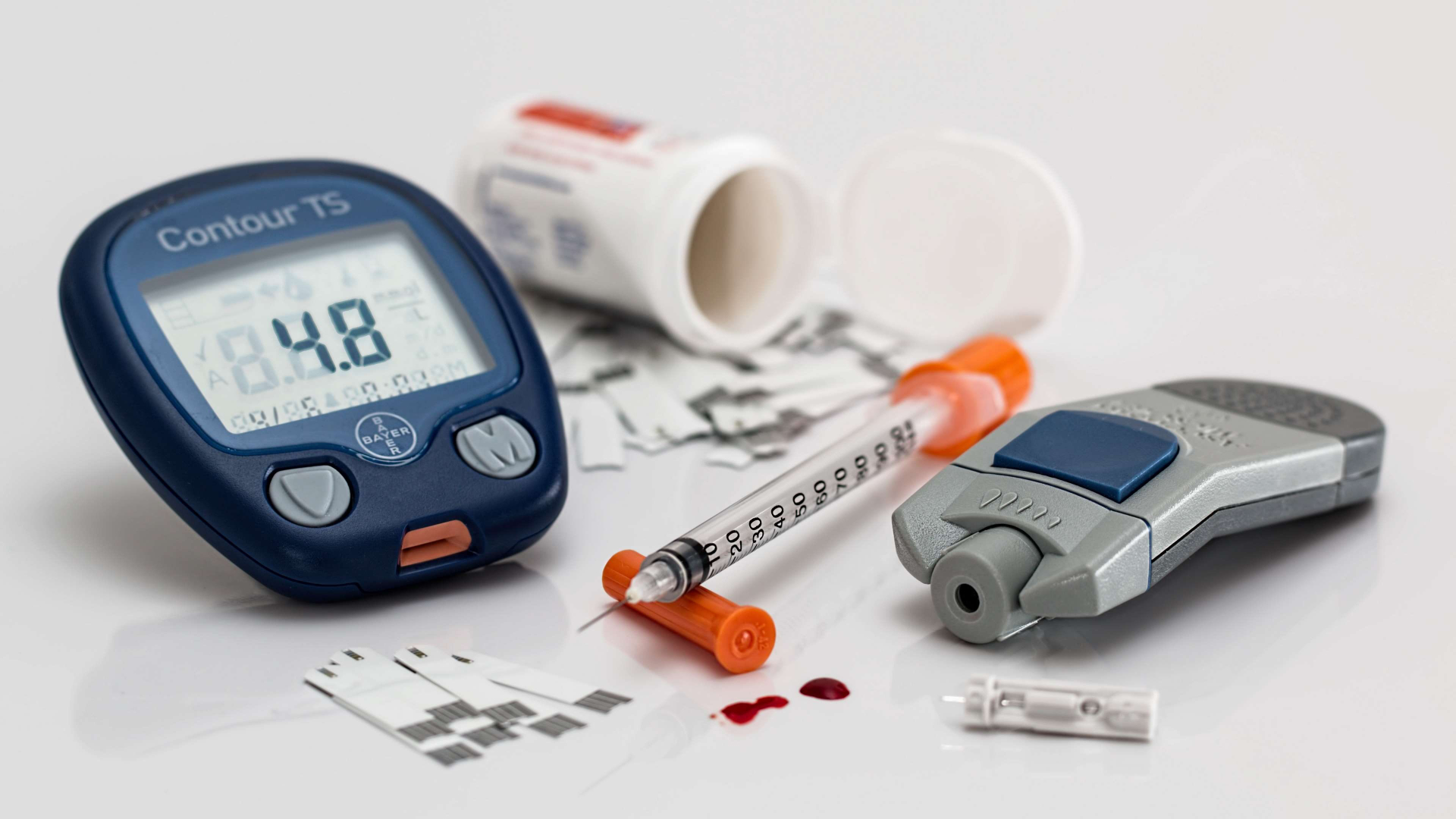Selenium supplementation is not necessary for most Americans, and may increase the risk of type 2 diabetes, according to recent University of Surrey research. Many multivitamins contain selenium, even though most Americans get enough selenium from their food. “There is no evidence that selenium supplementation of the U.S. population would be helpful,” says Vanderbilt University professor Raymond F. Burk, who studies selenium’s effect on health. “In fact, there have been suggestions from recent work that it might be harmful, although this has not been conclusively proven.” Although low levels of selenium carries a higher risk of poor brain and immune function, most people only need 55 micrograms of the naturally occurring trace mineral. Because the soil throughout the United States contains abundant selenium, people get the mineral by eating grains or grain-fed meat. The upper limit of selenium is 400 micrograms a day. Consuming more can cause selenosis, which causes gastrointestinal problems, hair loss, white blotchy nails, garlic breath, fatigue, irritability, and mild nerve damage. One study conducted to ascertain whether selenium could help lower the risk of non-melanoma skin cancer, surprised researchers by showing that participants who took 200 micrograms of selenium each day for an average of eight years had a higher risk of developing type 2 diabetes compared to those taking the placebo. Those who had been the highest selenium intake before the study started had nearly three times the risk for diabetes compared as those taking the placebo. Other studies also have shown an association between high selenium levels and diabetes and high blood sugar levels.
Selenium Supplements May Increase Risk for Type 2 Diabetes





